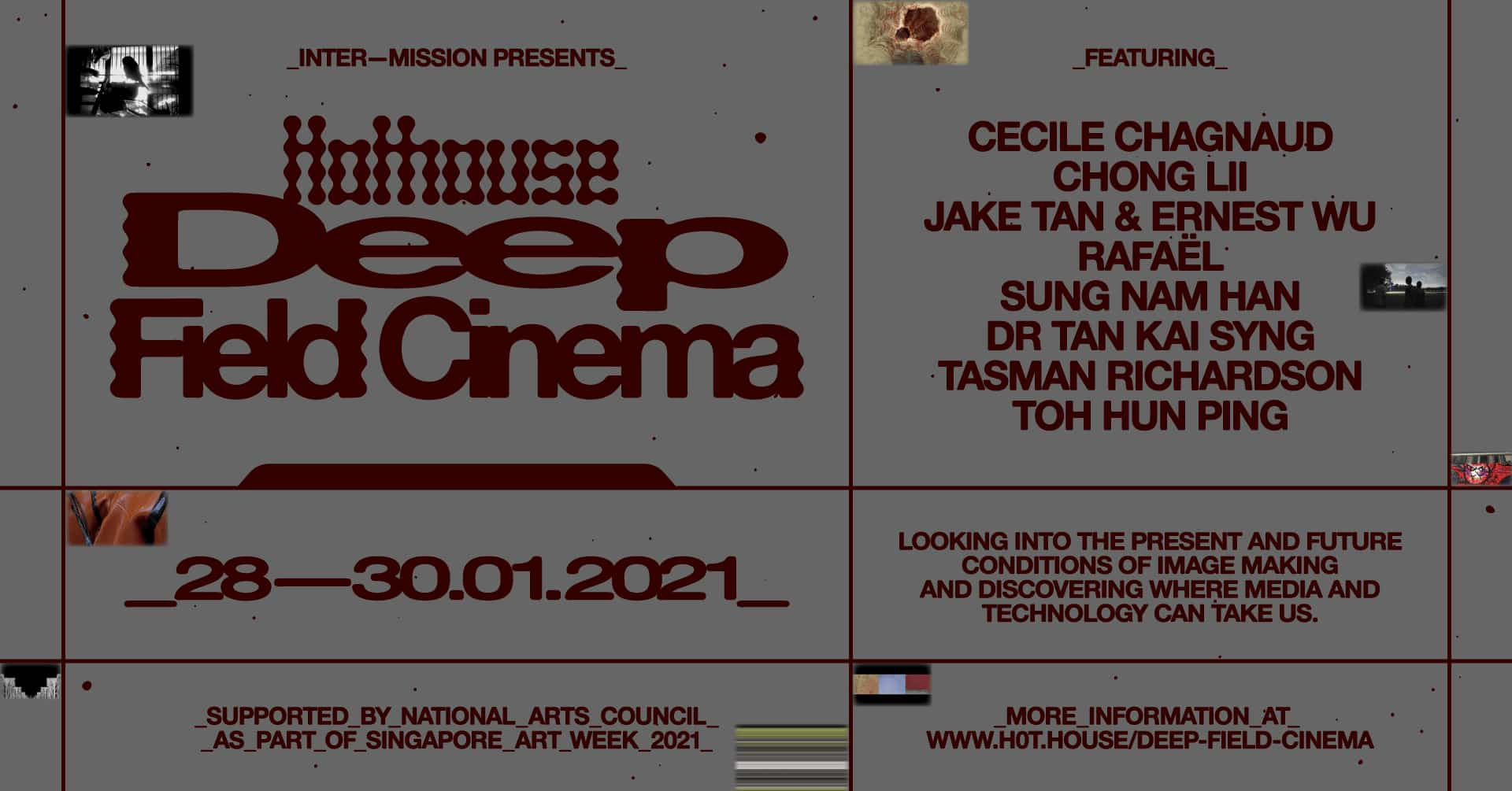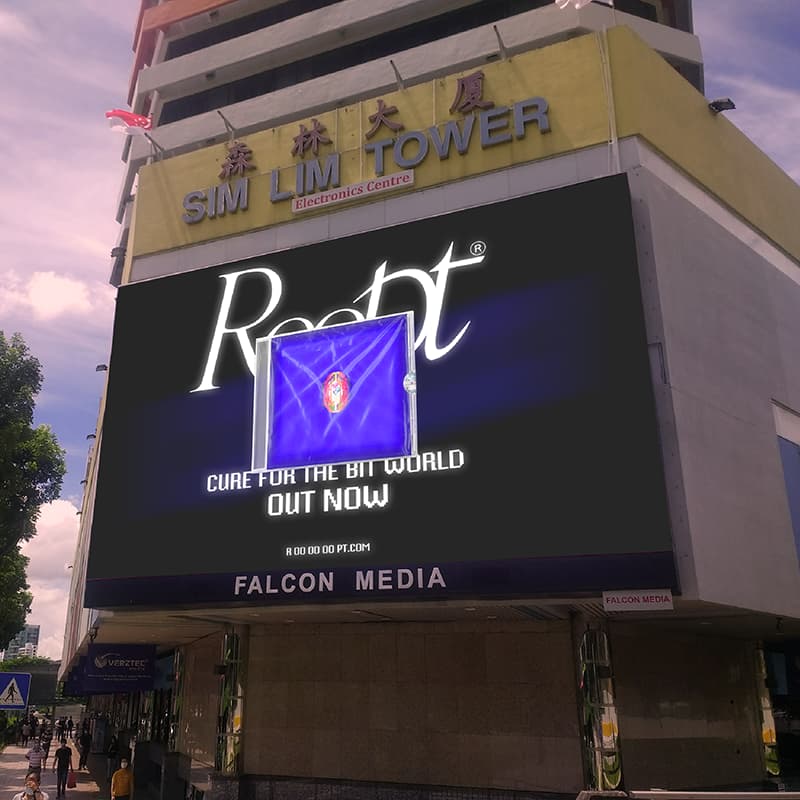On music producing and Deleuze’s Assemblage
Deleuze and Guattari conceptualised “Assemblage”, where myriad heterogeneous elements formulate possible realities. During its process, the former historical and cultural structure deterritorlialised as mere fragments, then re-arranged (re-territorialised), followed by the nature of network; hybridising and sharing.
The act of Re-territorialisation could be an end in itself — where the process is its own objective. In other words, the process of developing through the continuation of weaving relationships via repetitions and variations between the elements could become self-explanatory end-result itself. Xeno-Feminism manifesto advocates the necessary assembly and hybridisation of various techno-political interfaces responsive to current imbalanced cultural systems. Here the act of re-assembling and hybridising, functioning as forms of re-territorialisation, also serves to provide a certain “geometry of freedom” and a measure of flexibility and mobility that can loosen existing modes of working, thinking and interacting.
This strangely drew the parallel line with the interview videos of Matmos that I watched last year, on how they sample the music out of plastic objects around them. Some are completely random, and some are immensely loaded. This adorable couple shredded the objects as fragmented sound bytes and re-arranged them into their musical compilations. Their music production focused on re-territorialising, shaping the pieces as a whole based on their feelings towards the plastic objects.
This sparked a deeper curiosity about Composing the Fragments — a further step of my research from fragmentalising the human cognition and perception towards a composition method. On sampling and composing an ensemble as a whole. Landscape architecture, literature, music, programming and many others have already been functionalising ‘fragments composing’ as a core of their production process. Among others, music producing contains bizarre functionality, spiralling down within an individual while being communicative towards the mass, as poetic activism on Deleuze’s ‘Assemblage’
The act of Re-territorialisation could be an end in itself — where the process is its own objective. In other words, the process of developing through the continuation of weaving relationships via repetitions and variations between the elements could become self-explanatory end-result itself. Xeno-Feminism manifesto advocates the necessary assembly and hybridisation of various techno-political interfaces responsive to current imbalanced cultural systems. Here the act of re-assembling and hybridising, functioning as forms of re-territorialisation, also serves to provide a certain “geometry of freedom” and a measure of flexibility and mobility that can loosen existing modes of working, thinking and interacting.
This strangely drew the parallel line with the interview videos of Matmos that I watched last year, on how they sample the music out of plastic objects around them. Some are completely random, and some are immensely loaded. This adorable couple shredded the objects as fragmented sound bytes and re-arranged them into their musical compilations. Their music production focused on re-territorialising, shaping the pieces as a whole based on their feelings towards the plastic objects.
This sparked a deeper curiosity about Composing the Fragments — a further step of my research from fragmentalising the human cognition and perception towards a composition method. On sampling and composing an ensemble as a whole. Landscape architecture, literature, music, programming and many others have already been functionalising ‘fragments composing’ as a core of their production process. Among others, music producing contains bizarre functionality, spiralling down within an individual while being communicative towards the mass, as poetic activism on Deleuze’s ‘Assemblage’
2167 chars



